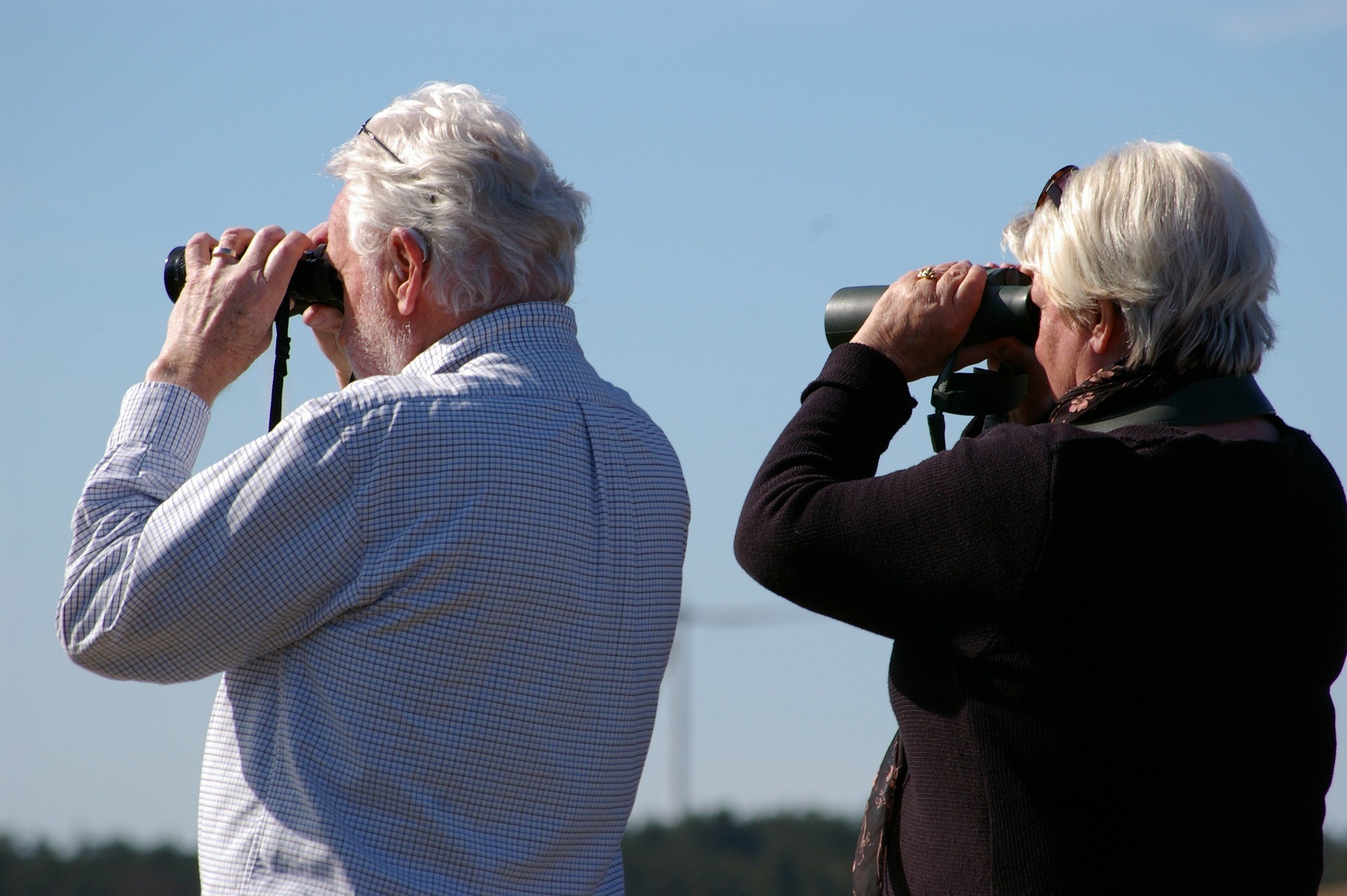
Leaving paid work opens the door to potentially the best stage of life, and a new study confirms the health and wellbeing benefits which can stem from retirement via an individual's increased 'locus of control,' a psychological trait capturing the personal sense of control or power over life outcomes.

Using data from the nationally representative Household, Income and Labour Dynamics in Australia (HILDA) Survey, the study found up to one-third of the positive health effects of retirement are directly due to this personal sense of control.
At a time when pressures are mounting to raise the pension age in several countries around the world, the study by experts from Flinders University and the Paris School of Economics is a timely reminder.
"This greater internal control explains one-third of the positive effects of retirement on health and about one-fifth of improved subjective wellbeing," says Dr Rong Zhu, Senior Lecturer in Economics at the Flinders University College of Business, Government and Law.
"However, we note these positive results are heavily skewed to the less educated, people living in cities and having received welfare payments, and those with no long-term health conditions.
"We need to consider the unintended consequences of delayed retirement for health and wellbeing via a reduced sense of internal locus of control.
"If workers work beyond retirement age, they are less likely to consider life outcomes as a result of their own choices and actions," says Dr Zhu.
The public pension take-up rate for the Australian Age Pension is the second highest in all of the OECD countries, with about 70% of Australian retirees receiving either a partial or full pension.
The Australian Age Pension aims to give older adults an acceptable quality of life in retirement. Approximately 70% of the elderly in Australia fulfil the eligibility conditions to receive the State pension, two-thirds of whom receive a full pension.
Once eligible for the Australian Age Pension, a retiree's income and assets are means tested.
The study focused on the eligible age for the Australian Age Pension, which increased from 60 to 67 for Australian women during 1995-2023 and from 65 to 67 for men during 2017-2023.
With Professor Andrew Clark from the Paris School of Economics, the study investigates the potential changes in socio-emotional skills in people as they finish their working life.
In contrast to locus of control, the other socio-emotional skills of the 'Big Five' personality traits (agreeableness, conscientiousness, emotional stability, extroversion and openness to experience), risk and time preferences, and trust are the much less malleable among older Australians when they retire.
The study could be used to help develop positive models for future policy, production frameworks, preferences, expectations and constraints in determining economic outcomes.
The article, 'Taking back control? Quasi-experimental evidence on the impact of retirement on locus of control' (December 2023) by Andrew E Clark (Paris School of Economics, CNRS) and Rong Zhu has been published in The Economic Journal (Oxford University Press) DOI: 10.1093/ej/uead118
Acknowledgements: The article is based on restricted unit record data from the HILDA survey and an EUR grant to A Clark.






